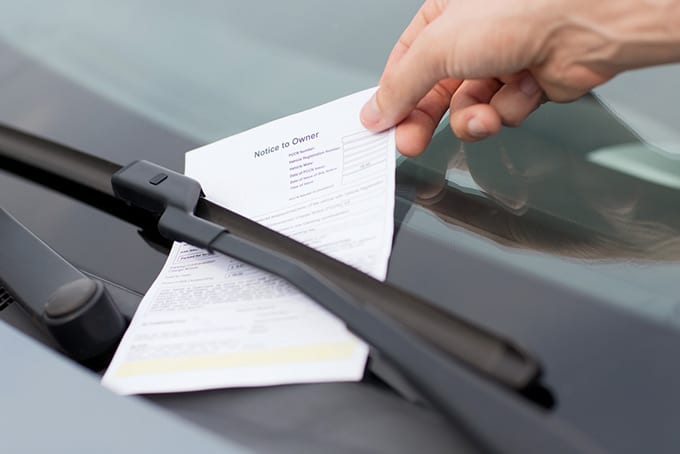
FICO is the most common scoring system that lenders use to determine your creditworthiness. This score takes data from your credit report and compiles five main factors to figure out your credit score: whether you consistently pay bills on time, how much debt you carry, how long you’ve held credit, your credit types, and how many new accounts you have.
But that’s not all. Aside from these five main elements, there are many things you can do to damage your credit score. And those things aren’t always obvious. Let’s take a look at just a few “risky behaviors” you might not have considered.
- Never Checking Your Credit Report
One of the biggest mistakes you can make when it comes to your credit is not looking up your credit report regularly. Luckily, this is also the easiest to avoid. You’re entitled to a free copy of your report every 12 months from each of the three major credit bureaus (Equifax, Experian, and TransUnion). Check your report to review your credit score, find out if there is fraud linked to your name, and check if any other oddities need to be resolved. If you notice a mistake, take the proper steps to fix it – and then follow up to make sure it’s been fixed!
- Carrying Too Many Credit Cards
Is your wallet full of plastic? This could be a bad mark on your credit score – even if you pay them in full every month. Even if you haven’t maxed out your available credit, lenders might be concerned about what would happen if you did.
- Not Having a Credit Card
Similarly, not having any credit cards can actually be as detrimental to your credit score as having too many. Financial institutions that are considering lending you money need to see that you can handle credit responsibly. If you don’t have a credit card, lenders can’t see how you use credit, and they might rule you out automatically or flag you as a risk.
- Closing Old Credit Cards
Keep in mind that the length of your credit history is one of the five key factors. So while you might decide to close a credit card that you opened recently but never use, it’s a smart move to hold onto your old(est) credit card. You don’t have to use it, but it will come in handy when it comes to your credit score.
- Not Paying Your Parking Tickets

Yes, some cities have started sending delinquent parking tickets into collections. This ultimately means that your $50 violation for an expired meter could balloon into a significant plague on your credit history for up to seven years. So feed your meter, or pay the fine on time!
- Having Overdue Library Fines
Another shocker: Some libraries contact collections agencies to handle overdue book fines. If you have a small $3 library fine, you could end up seeing it on your credit report. Do you have a tendency to return your books late or lose library materials? Lenders might determine that this behavior will carry over into your financial life and rule you unworthy of credit.
Don’t damage the solid credit you’ve worked so hard to establish. But understanding exactly what is hurting your score can be tricky. If you are conscientious with your finances and still find that your credit score is lower than you think it should be, reach out to American Credit Foundation right away. You’ll speak with one of the helpful advisors who can help you delve deeper into your financial situation and determine the best path forward.